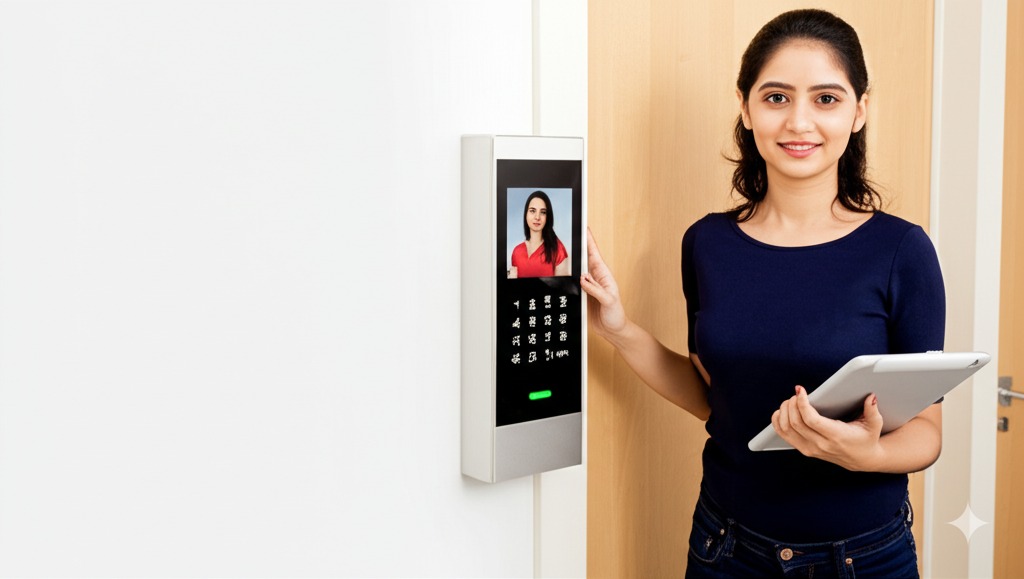Harnessing the Power of AI in CCTV: Enhancing Security in Mumbai and Thane
n the modern landscape of security and surveillance, Artificial Intelligence (AI) has emerged as a game-changer, revolutionizing the capabilities of Closed-Circuit Television (CCTV) systems. Mumbai and Thane, bustling metropolises of India, are no exception to this technological advancement. Let’s delve into how AI is transforming traditional CCTV systems in these cities, offering enhanced security and myriad benefits to users.
AI-Powered Video Analytics
One of the most significant advancements brought about by AI in CCTV systems is video analytics. These algorithms can analyze massive amounts of footage in real-time, enabling proactive threat detection and rapid response. In Mumbai and Thane, where bustling streets and crowded public spaces pose security challenges, AI-powered video analytics offer a robust solution.
From detecting suspicious behavior and unauthorized access to identifying abandoned objects or vehicles, AI algorithms can automatically alert security personnel to potential threats. Keywords like “CCTV Mumbai” and “CCTV Thane” become integral as these systems become more sophisticated and tailored to the specific needs of these urban environments.
Facial Recognition and Access Control
Facial recognition technology has garnered attention for its ability to enhance security measures. In Mumbai and Thane, where large populations navigate through transportation hubs, commercial centers, and public events, integrating facial recognition with CCTV systems can significantly bolster security protocols.
By cross-referencing faces against watchlists or databases of known individuals, AI-powered CCTV systems can identify and track suspicious persons in real-time. This capability is invaluable in crowded spaces, transportation terminals, and critical infrastructure sites, contributing to proactive threat mitigation and law enforcement efforts.
Traffic Management and Urban Planning
In cities like Mumbai and Thane, traffic congestion is a perennial challenge. AI-powered CCTV systems equipped with traffic monitoring algorithms can analyze traffic flow, detect accidents or congestion points, and optimize signal timings in real-time. This not only enhances traffic management but also contributes to smoother commuting experiences for residents and visitors alike.
Moreover, AI algorithms can aid urban planners in gathering valuable data on pedestrian movement, vehicle density, and public transportation usage. This data-driven approach enables authorities to make informed decisions regarding infrastructure development, public safety initiatives, and urban design strategies.
Enhanced Operational Efficiency
Beyond security and surveillance, AI empowers CCTV systems to deliver enhanced operational efficiency. Through predictive maintenance algorithms, these systems can anticipate hardware failures or malfunctions, enabling proactive maintenance to minimize downtime. This proactive approach ensures uninterrupted surveillance coverage, critical for maintaining security in dynamic urban environments like Mumbai and Thane.
Additionally, AI-powered CCTV systems can optimize resource allocation by intelligently distributing surveillance bandwidth based on priority areas or security threats. This ensures that limited resources are allocated effectively, maximizing the overall efficacy of the surveillance infrastructure.
Conclusion
In conclusion, the integration of AI into CCTV systems represents a significant paradigm shift in security and surveillance capabilities. In cities like Mumbai and Thane, where urban complexities demand sophisticated solutions, AI-powered CCTV systems offer unparalleled benefits. From proactive threat detection and facial recognition to traffic management and operational efficiency, the applications of AI in CCTV are diverse and impactful.
By harnessing the power of AI, authorities, businesses, and residents in Mumbai and Thane can create safer, more secure environments for everyone. As technology continues to evolve, the synergy between AI and CCTV will undoubtedly play a pivotal role in shaping the future of urban security and surveillance





